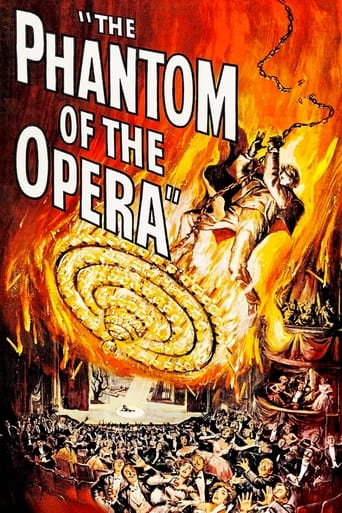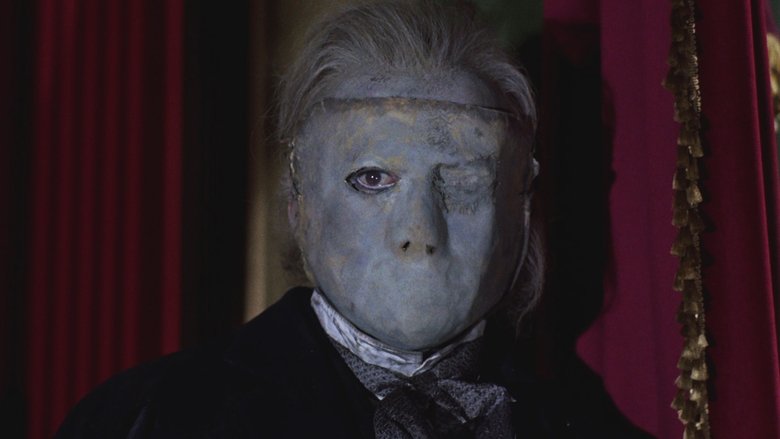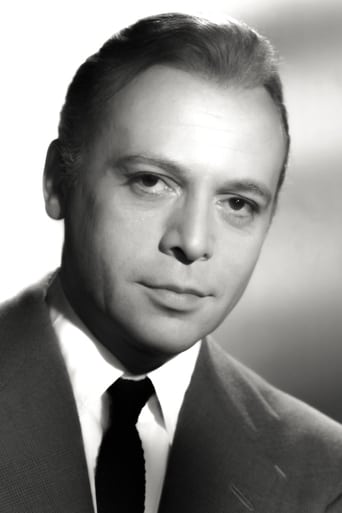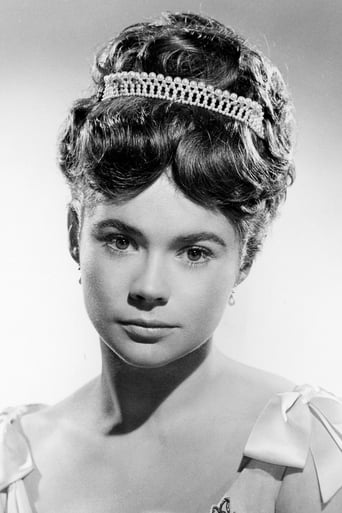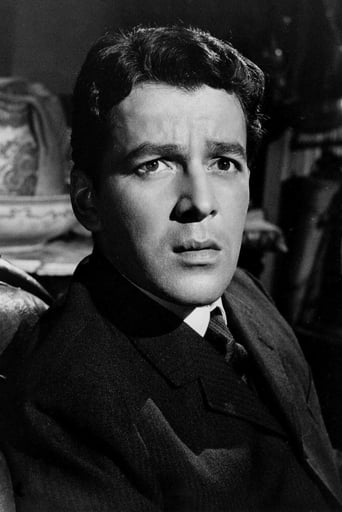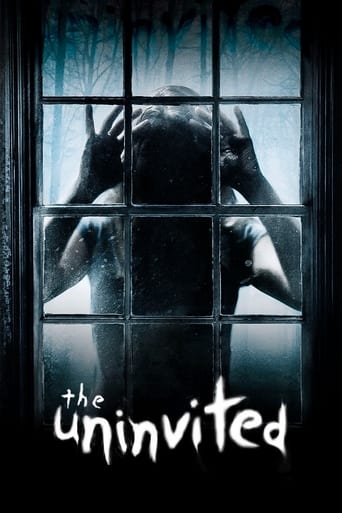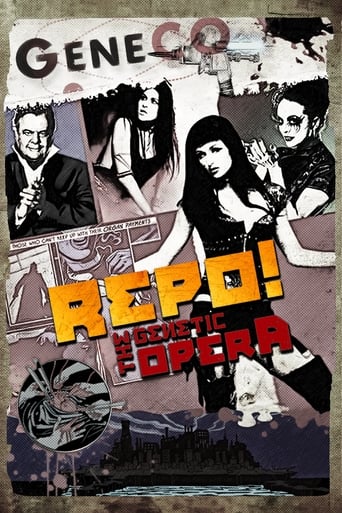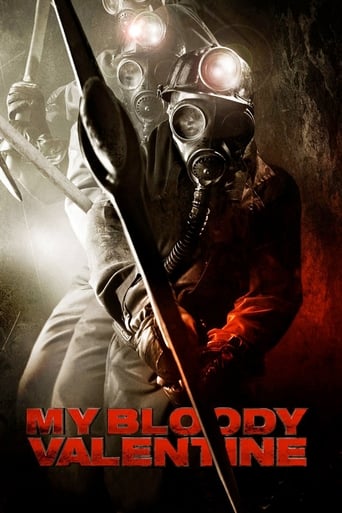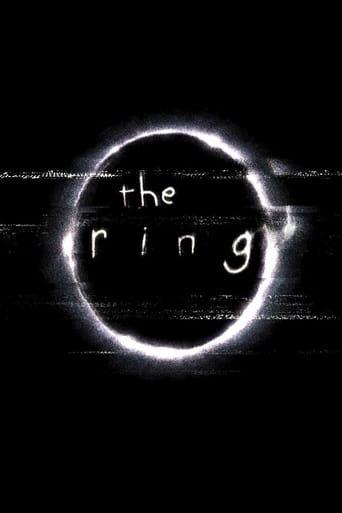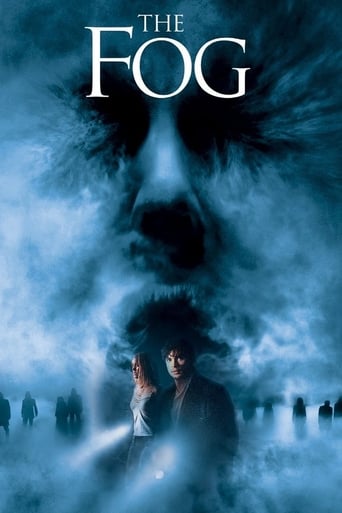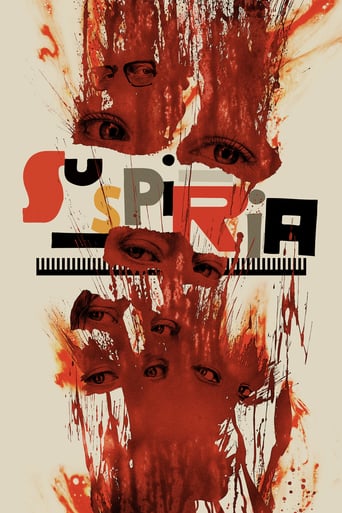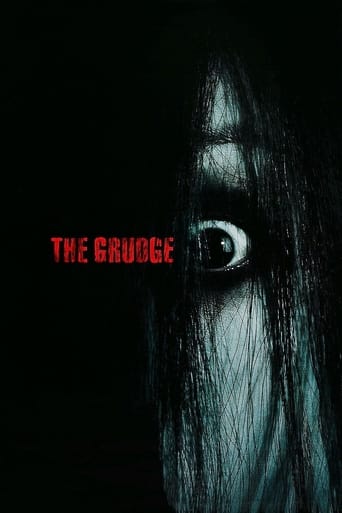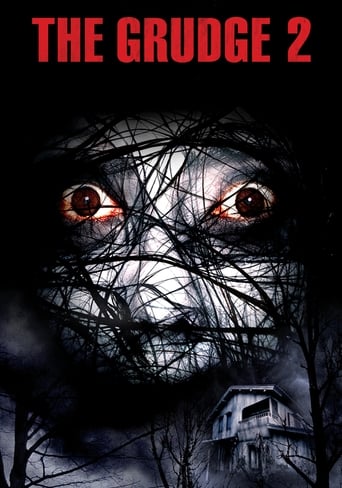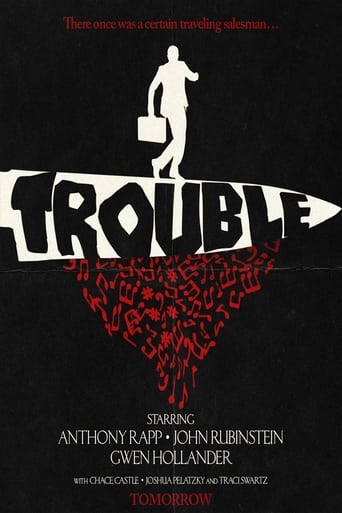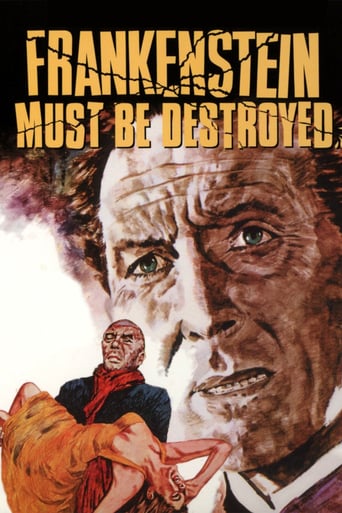The Phantom of the Opera (1962)
The corrupt Lord Ambrose D'Arcy steals the life's work of the poor musical Professor Petry. In an attempt to stop the printing of music with D'Arcy's name on it, Petry breaks into the printing office and accidentally starts a fire, leaving him severely disfigured. Years later, Petry returns to terrorize a London opera house that is about to perform one of his stolen operas.
Watch Trailer
Cast


Similar titles
Reviews
The original story and themes of 'The Phantom of the Opera' were tailor made for the Hammer treatment. The heart of the story about sexual frustration amid deformity is the kind of thing Hammer on it's A game would have been expected to deliver macabre goodness with. Terrence Fisher's 'Phantom' is in my opinion the weakest Hammer film precisely because it fails to remember what made Hammer what it was. This 'Phantom' does not indulge in grotesques or horror at all. It's a boring miss.Fisher and Hammer chose to for the most part remake the 1943 Claude Raines 'Phantom' from Universal. This was a poor choice on his part. Gaston Leroux's Phantom was a bizarre deformed freak shunned at birth. If the 'Phantom' is to be adapted this is the version to follow. For some odd reason though the Raines film chose not to do this and instead created a Phantom who became disfigured through a backstage scuffle. Herbert Lom's Phantom is made in this vain. This story isn't that interesting however because this Phantom has not been shunned by the world. Lom and Raines choose exile. They know the stops of being human. I am brought back to Lon Chaney who bordered on the lines between human and being on a different plane. This Phantom yearns to be human. Lom's Phantom has already been. Believe it or not though this Phantom is not sexually interested in Christine and here in lies the film's greatest flaw. Lom's Phantom is a musical genius whose only interest is having his opera be properly credited to his name and performed by Christine. What?! Aside from the fact that Hammer is missing out in exploiting the kind of risqué material they perfected, the Phantom story just loses all it's meaning without this attraction. This sexual frustration is what drives the Phantom to be homicidal. It's far too much of a stretch to perceive this scenario as being capable of turning someone into the Phantom. This film takes it's title perhaps a bit too literally. We get opera and music here and it is by all means ridiculous. A significant portion of screen time is spent going through awkwardly staged opera numbers. The singers are proficient enough in their abilities but Fisher doesn't know how to stage the numbers with the grandness and spectacle required for such a story. Foolishly this 'Phantom' does not take place in Paris but in London. The London Opera House has none of the grandeur or mystery of it's Paris counterpart. Worse than that though is that every song is in English. We go through musical number after musical number with lyrics which were obviously written by a horror film screenwriter who had no business dabbling in the opera. The music gets more screen time than our Phantom.The saving grace of the film is Michael Gough who is absolutely fantastic as the villain Lord Ambrose D'Arcy. This character is fully developed and surprisingly intricate given all the shortcomings with the rest of the characters. Gough plays him as the mother of all theatre divas, who takes a perverse pleasure in the power working on the stage gives one. His performance relishes all the nastiness that someone with such a huge ego and disregard for others has. I would have liked to have seen even more of Gough's relationship with the Phantom because then I think Lom would have had much more to work with. Gough plays a brutal backstabber and does so quite well but we never get to know why this betrayal meant so much to the Phantom other than vague references to it being his life's work. I kept thinking how cool it would have been had they been rivals in a backstage war. But this is merely wishful thinking. For his part Gough plays a prima donna beautifully. This is by far the weakest adaptation of the classic story. It's fundamental flaw is that it Hammer didn't recognize it's own creative gifts and the strongest aspects of the Phantom story. I can only recommend it as a fun example of Michael Gough's work.
The enduring story gets another imagining thanks to Britain's legendary Hammer Studios. The title character, a professor / composer who had his music for an opera stolen by a nefarious opportunist, is badly disfigured when trying to prevent programmes from being printed without his name on them. Now he's fixated on a young opera singer whom he wishes to sing only for him. This version unfortunately feels a little rushed and not quite meaty enough, with too little dramatic weight. It just feels a little *flat*, which is too bad. It puts a new spin on its main character, however, that may either interest or put off the viewer, turning The Phantom into a tragic hero rather than a figure of any true malice. It is quite possible to feel sympathy for the character, as played by the talented Herbert Lom, and of course one can't help but be utterly disgusted with his nemesis, the sleazy Lord Ambrose D'Arcy, portrayed with his typical gusto by Michael Gough. Gough easily walks away with the movie. Compared to these two, the performances of pretty Heather Sears as Christine and likable Edward de Souza as Harry just aren't that entertaining. Despite typically meticulous production design / art direction (by Bernard Robinson and Don Mingaye), cinematography (by Arthur Grant), and set decoration, this isn't as thickly atmospheric as other Hammer productions, and fails to really inspire any sort of menace or tension. It's a shame, knowing that Hammer could easily have done better with this material. Gough, certainly, makes it all worthwhile, and the appearances of old pros such as Thorley Walters, Harold Goodwin, Martin Miller, Marne Maitland, Miriam Karlin, Patrick Troughton, Michael Ripper, Miles Malleson, and Ian Wilson are great fun to watch. The sequences in the sewer lair are the best, with the operatic numbers, although hardly gratuitous, tending to slow things down. It's still a good film but its full potential isn't realized. Seven out of 10.
The film starts off promisingly with the opening night of a new opera on the subject of Joan of Arc, due to be sung by a Maria Callas type soprano. A series of discovered acts of sabotage culminate in the film's first shock-horror moment. So far, it looks as if its going to be an enjoyable hour and a half. Michael Gough is great fun as an eminently hissable villain, and Edward de Souza is fairly watchable, too, as the charming if rather conventional hero. But alas, it all goes horribly downhill from the Phantom's first appearance. Poor Herbert Lom is given a pretty duff script (a lot of ineffectual muttering to himself), and a frightfully tacky hideaway replete with tiger rug and a naff red-upholstered throne. The music this alleged genius writes is pretty awful too - a sort of cross between the worst kind of Gilbert and Sullivan and a Broadway show with truly cringe-worthy lyrics. And why exactly does the phantom rip his own mask off just before rescuing the heroine? A huge disappointment all round.
As a fan of both the Hammer Horror films and the the Phantom of the Opera I was intrigued upon learning of hammer's version of the story. Having learned something of its back-story before seeing it, my interest was intrigued even more by the knowledge of Cary Grant's near involvement. Having seen the film now I will say this it is neither the worst Phantom film or the best by any means.Not that the film doesn't have a good cast. Herbert Lom takes a good crack at playing the role of the Phantom playing the role much more for sympathy then for the sheer terror of earlier (and later) versions of the character thanks to the script. Heather Sears, playing Christine Charles, gives a decent if un-extraordinary performance which can also be said of her costar Edward de Souza playing the Raoul of this version Harry Hunter (the part originally intended apparently for Cary Grant). There's also a good supporting cast especially in Thorley Walters as theater manager Lattimer and Michael Gough as the suitably unlikeable Lord Ambrose d'Arcy. There's also a nice brief scene stealing performance from Patrick Troughton as The Rat Catcher. All in all its a nice cast.The film's fault lie really behind the camera as the production is very low key to say the least. The sets themselves seems below the standards of even other Hammer films of the time thought the theater itself works very well in the context of the film. The opera staging in the film is one of the highlights even if Joan of Arc makes for a strange Opera choice indeed (and a deviation from the novel amongst many deviations). the film also suffers from snail speed pacing at times which is annoying considering that the length of the film is only about an hour and a half anyway. Yet the real fault in the film lies in the script.The script itself is where the films problems mostly lie. To begin with the film feels watered down in the horror department when compared to other Hammer films of the era due presumably to the near involvement of Cary Grant. There's also the big problem of the fact that the film is called The Phantom of the Opera but that the Phantom isn't really the star of his own film. This is thanks to a bad decision to shift many of the Phantom's murderous acts elsewhere which leaves the Phantom does little else but sit in his lair for the length of the film. the storyline used in the film bares little resemblance to the original novel by Gaston Leroux and owes more to the previous film versions of The Phantom of the Opera then to the novel especially the 1943 film version.This Hammer version The Phantom of the Opera is neither the best or the worst film version of that story. Though it has a nice cast and some fine performances from the supporting cast in particular the film is let down quite heavily by a low key production, snails pacing and a script hampered by one or two bad decisions. This is a version of Phantom perhaps best enjoyed by fans of the Hamemr films though they too will find that even in comparison with other Hammer films of the era it feels watered down and slow at times.

